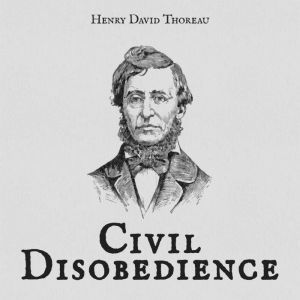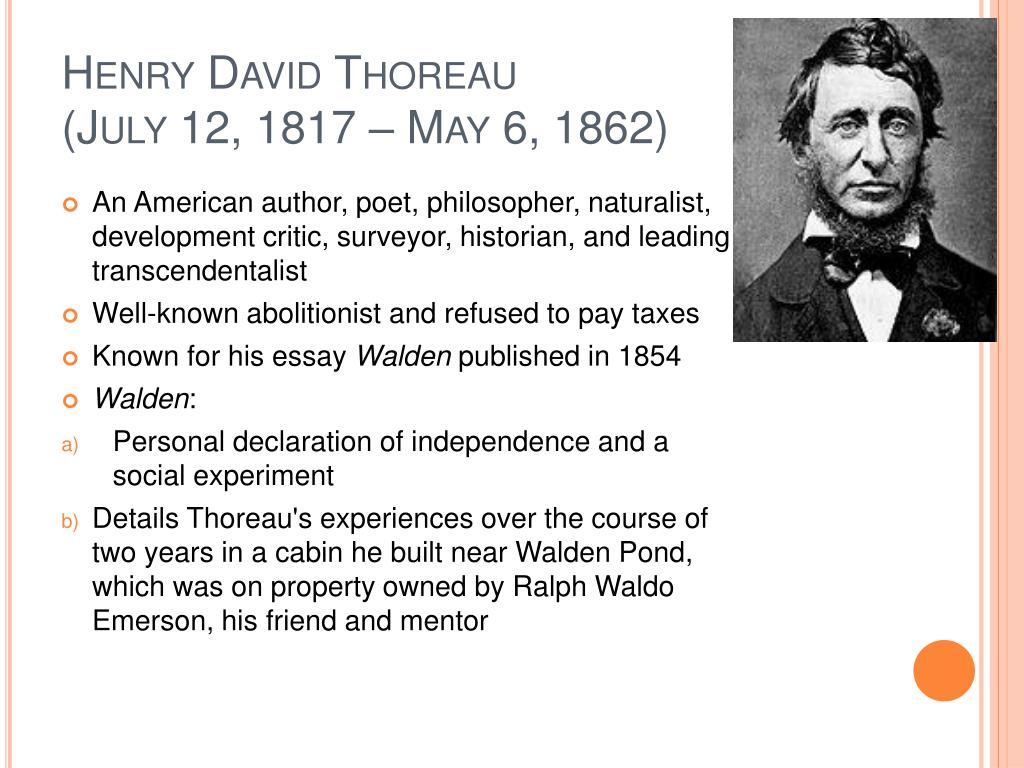

The US army, led by Zachary Taylor, was outnumbered and yet still emerged victorious in a series of shocking battles. The war became a series of gruesome battles fought between the two armies. Thoreau saw no just cause for this war, therefore he argued multiple times that war was not the best way to settle this conflict. He was opposed to a lot of the current political issues going on during the 19th century, particularly the Mexican- American war. Many Americans opposed this war for multiple reasons Thoreau opposed the war because he was opposed to connection it had with the support of slavery. Thoreau used outlets such as magazines and newspapers to discuss his opinions on these issues. As a result of this movement many reform groups arose, as did individual writers who wrote pamphlets and essays in retaliation to the political injustice prevalent during the 19th century. These writers used their talents to discuss and advocate for topical issues such as abolition, educational reform, and women’s rights. Other notable transcendentalist writers included Margaret Fuller, Ralph Waldo Emersion, and Convers Francis, all were very influential writers at the time.

Transcendentalists preached individualism and had a strong belief in natural law over civil law, they also believed in social improvement. This movement was eventually centered in Thoreau's hometown, Concord, Massachusetts. Transcendentalists believed in truth and considered experience as a source of knowledge. This is where he first learned about transcendentalism. Thoreau attended Harvard University where he read the works of Ralph Waldo Emerson’s. Not only was he remembered for his ideas on nonviolent protests but also for his writings on environmentalism. Thoreau was born in Concord, Massachusetts in 1817 during the beginning of the “era of good feeling.” Henry David Thoreau was an American writer known for his leadership in the transcendentalist movement and his major works “Walden” and “Civil Disobedience”. Henry David Thoreau was a man who practiced, preached, and taught civil disobedience. Those who practice civil disobedience are strong, patient and determined men/women who believe in justice. Civil Disobedience is not a form of passive protest it is an active form of nonviolent protest. Henry David Thoreau is credited with establishing a form of protest known as Civil Disobedience, which inspired leaders for generations.


 0 kommentar(er)
0 kommentar(er)
